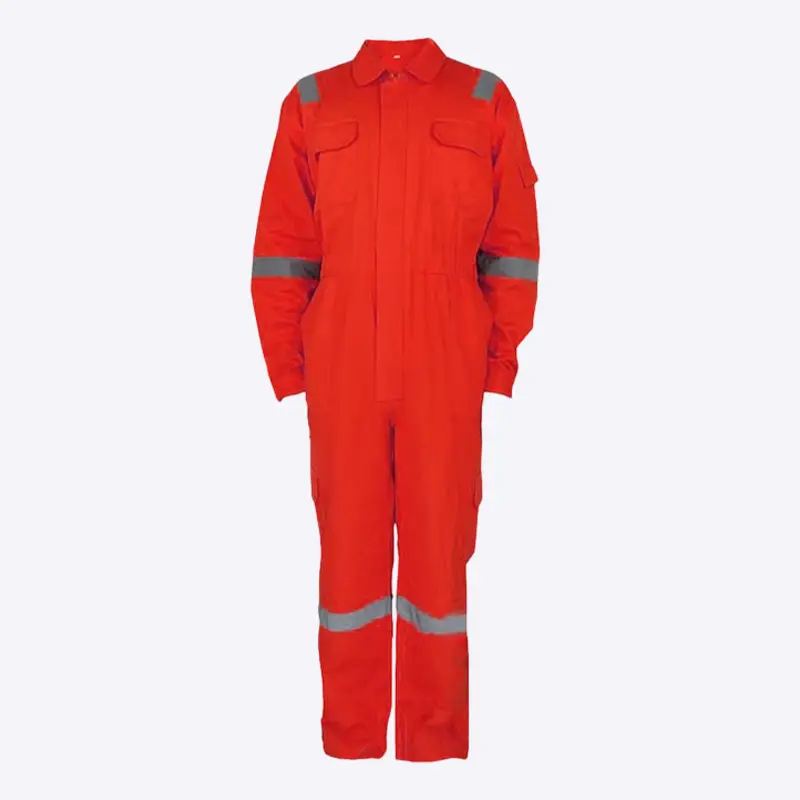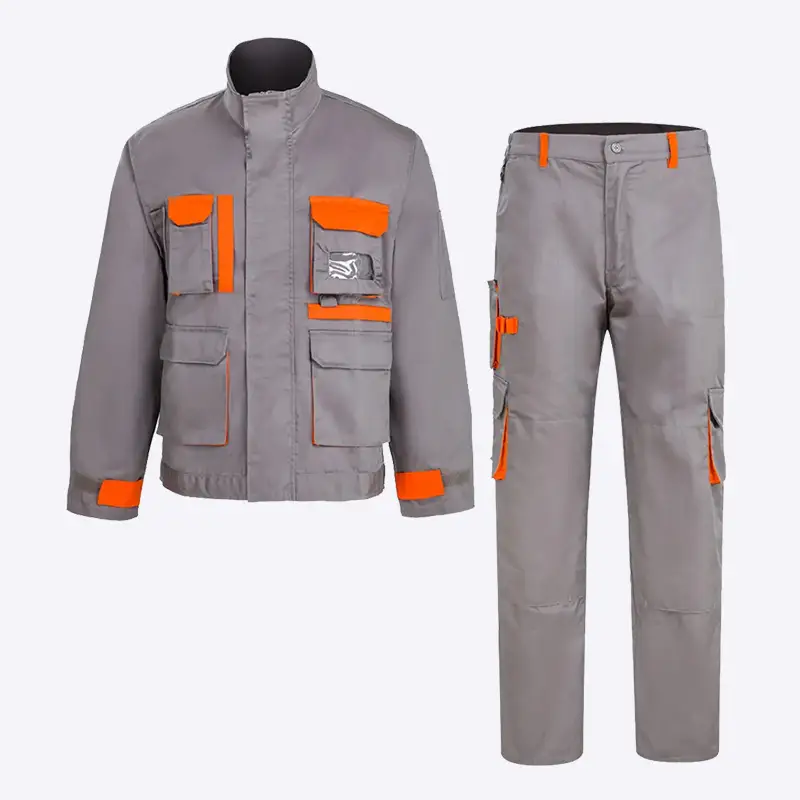MINGBAI Outdoor Clothing Manufacturer’s Commitment to Sustainable Practices
MINGBAI Outdoor Clothing Manufacturer’s Commitment to Sustainable Practices
In an era where consumers increasingly vote with their wallets, supporting brands that align with their environmental values, the outdoor industry faces a profound responsibility. Those who create gear for enjoying nature must also be dedicated to protecting it. MINGBAI, as a leading outdoor clothing manufacturer, has embraced this duty not as a marketing trend, but as a core tenet of its corporate identity. Their commitment to sustainable practices is woven into the very fabric of their operations, representing a holistic approach that spans material innovation, ethical production, and a vision for a circular economy, ensuring that the wild places their clothing is designed for remain pristine for generations to come.
A Foundation of Responsible Material Sourcing
The journey toward sustainability begins with the raw materials, and this is where MINGBAI’s commitment is most evident. They have systematically shifted their supply chain toward eco-friendly alternatives, prioritizing fabrics made from recycled content. This includes high-performance polyester derived from post-consumer plastic bottles and recycled nylon salvaged from fishing nets and industrial waste. Furthermore, they increasingly incorporate natural fibers like organic cotton, which is grown without toxic pesticides, and Tencel™ Lyocell, a silky-soft material sourced from sustainably managed wood pulp using a closed-loop process that recycles water and solvents. By meticulously vetting their material sources, MINGBAI ensures that the foundation of every garment has a significantly reduced environmental footprint.

Pioneering Low-Impact Manufacturing Processes
MINGBAI recognizes that what happens during the manufacturing phase is as critical as the materials themselves. They have invested in advanced technologies aimed at minimizing their ecological impact, particularly in the resource-intensive area of dyeing and finishing. Their facilities increasingly utilize waterless dyeing technologies and low-liquor-ratio machines that drastically cut water consumption. They partner with dye houses that employ non-toxic, AZO-free dyes and have implemented energy-efficient drying and curing processes to lower their carbon emissions. This focus on cleaning up the manufacturing "back end" demonstrates a deep, operational commitment to sustainability that goes beyond surface-level claims.
Designing for Durability and Longevity
In a world plagued by fast fashion, one of the most sustainable acts is to create products that are built to last. MINGBAI’s design philosophy is inherently anti-disposable. Their garments are engineered for durability, featuring reinforced stitching, robust hardware, and high-quality, resilient fabrics chosen for their ability to withstand years of rugged use. By creating clothing that doesn’t wear out quickly, they actively combat the throwaway culture. A jacket that remains fully functional for a decade negates the need to produce, ship, and ultimately dispose of multiple inferior replacements, making longevity a cornerstone of their environmental strategy.
Championing Ethical Production and Fair Labor
True sustainability must be social as well as environmental. MINGBAI’s commitment extends to the people who bring their designs to life. They uphold stringent ethical manufacturing standards, ensuring safe, clean, and fair working conditions in all their partner factories. This includes providing living wages, reasonable working hours, and strictly prohibiting forced or child labor. They believe that protecting the planet is inseparable from protecting the people on it, and that responsible outdoor apparel must be produced with human dignity at its core. This ethical backbone provides customers with the confidence that their purchase supports positive community impact.
Embracing the Principles of a Circular Economy
Looking toward the future, MINGBAI is actively exploring models that support a circular economy, where products are kept in use for as long as possible. They have initiated repair programs, offering services to mend damaged garments—from patching tears to replacing zippers—which extends the life of their products and reduces waste. Furthermore, they are piloting take-back schemes, where worn-out MINGBAI gear can be returned to be recycled into new raw materials, thus closing the loop. These initiatives challenge the traditional linear "take-make-dispose" model and represent a progressive, forward-thinking approach to product lifecycle management.

Transparency and Consumer Education
MINGBAI understands that trust is built on transparency. They are committed to openly communicating their sustainability journey, including both their successes and the challenges they face. Through detailed product information, sustainability reports, and clear storytelling, they educate consumers about the environmental attributes of their garments and the importance of making conscious choices. By demystifying their processes and supply chain, they empower their customers to become informed participants in the movement toward a more sustainable outdoor industry, fostering a community of advocacy and shared responsibility.
A Lasting Legacy for the Great Outdoors
Ultimately, MINGBAI’s comprehensive commitment to sustainable practices is driven by a profound respect for the natural world. They understand that their raison d'être is tied directly to the health of the forests, mountains, and rivers where their customers find solace and adventure. Every choice—from a recycled fabric to a water-saving dyeing technique—is a step toward honoring that relationship. For MINGBAI, sustainability is not a final destination but a continuous journey of improvement, innovation, and responsibility, ensuring that the breathtaking landscapes that inspire their designs remain vibrant and accessible for all who wish to explore them.
o
- Art
- Causes
- Crafts
- Dance
- Drinks
- Film
- Fitness
- Food
- Игры
- Gardening
- Health
- Главная
- Literature
- Music
- Networking
- Другое
- Party
- Religion
- Shopping
- Sports
- Theater
- Wellness


